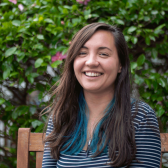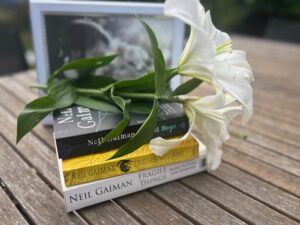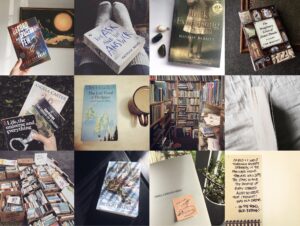My heart rose into my chest, and my throat dried out as my finger hovered over the “submit” button. It was taunting me. I pressed my finger on the mouse, not realising I had been holding my breath until I was forced to exhale. I smiled to myself as the confirmation of submission flashed up on the screen.
Thank You Ataria!
Your manuscript Hine and Hineteiwaiwa has been successfully submitted.
The HUIA Manuscripts Team
A few weeks ago, I finally submitted the manuscript for a YA fiction novel called Hine and Hineteiwaiwa. This has left me with some time to reflect on the journey as a whole. Go right back to the beginning. It was in December 2017 that I received an email alerting me to the Te Papa Tupu competition. An email that I left filed for months in my inbox over the summer holidays, alongside the idea for a book featuring a young Māori girl called Hine and the atua wāhine, Hineteiwaiwa. It wasn’t until the idea kept bugging me in the back of my mind, that I eventually caved and started writing religiously every morning for less than two months leading up to the submission date. It was like one day I just decided “I’m going to do it!”
During that time I wrote about a third of the manuscript which I submitted and was accepted. It took me another six months to complete the storyline – numbering over 70,000 words – and another six months to do the first round of editing. After that, Simon and I did a second read through of the manuscript. The aftermath of all that editing is a word count now numbering less than 50,000 words, the original 70,000 a true testament to my wandering and no-succinct natural writing style.
Twenty thousand hard-earned words gone, wiped from a word document in one round of editing. Entire chapters deleted. Though those words may no longer be in the novel itself, they did serve to help me to imagine and know the broader details of the world that was being created in my head. Entire chapters of character and story development that only I the writer – and my mentor Simon – will ever read.
To this point, I’m pretty sure the style of my writing is a stream of consciousness, which means that although it can be written fast, it needs a whole lot of editing at the other end. A stream of consciousness isn’t to the point, it is rambling and elongated. Like the layering of whakapapa, each round of edits enables the sentences to be further reduced and further reduced until it is structured into the ideal way of communicating a series of ideas through the written word.
By no means was the submitted manuscript perfect. In an ideal world, I would have loved to have had time to do another round of edits and really read through it. But the stresses of everyday life don’t leave the writing writer, and I had other pressing projects I had to get back into and fast. So I set the manuscript free, handing it over to the publishing team at Huia Publishers.
I thought the submission of Hine and Hineteiwaiwa would be the end of it. But no, the manuscript had other ideas. I was asked to read at the Toi Māori Art market last weekend (Te Matatini weekend) with a group of other young Māori women writers. So I dusted off the second chapter, frustratingly finding more mistakes in the process and forced my whānau to listen to my practising. Then on a Saturday morning, I headed to Te Wharewaka o Poneke. I was sweaty and unsure of myself, asking myself why I always said yes to these kinds of things. I didn’t know the other writers but was delighted to find that we had a lot in common, as young Māori women with love for the written word.
I stood and confidently shared Hine and Pakū’s world with the audience. The audience was Māori, a fitting welcoming to this world. I chose a chapter that intentionally has a hanging ending, with Pakū kidnapped and taken into the wet and ribbed mouth of a Taniwha and Hine left unconscious. I felt consumed at that moment as the words flew out of me, unable to remember the actual process of reading as I sat down with the other readers. Of course, that couldn’t be the end of it though. A well-meaning and well-worded question from a kuia in the audience had me sharing why I want to write so that I can write the stories I wish I could’ve read when I was a child, stories that represent me and my culture. The emotion of this, of course, left me in tears. Things are as it should be I guess, a tangiweto at the beginning and a tangiweto at the end. It seems not all everything has changed.
That has been the best part of the Te Papa Tupu programme. The awakening of creativity inside of me that yearns to write and the opening of doors to meet other Māori just like me. After we finished, Patricia Grace came up to talk to us. Tears wobbled in my eyes as I stood in the presence of someone who I look up to, someone who paved the way for other Māori women writers like me.
At the beginning of Te Papa Tupu, it was just me sitting in my darkened bedroom at 6am in the morning, tapping away at my keyboard. At the end I found myself sitting with other writers in the Green Room at Te Wharewaka, sharing herbal tea and talking about our love of writing.
All I can say is, what a haerenga it has been.
Ataria





